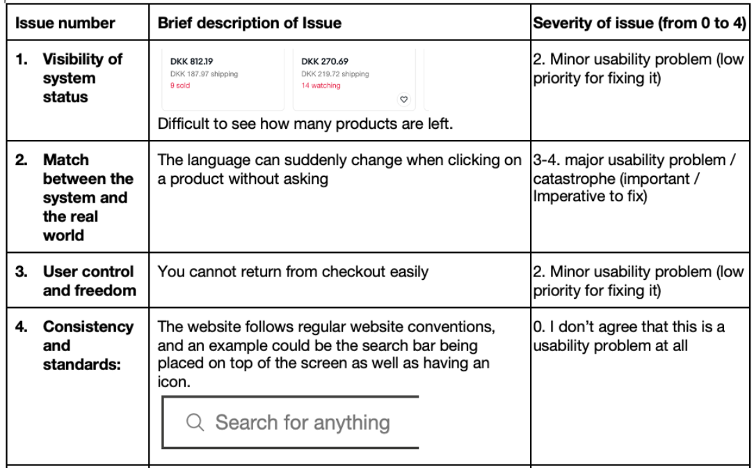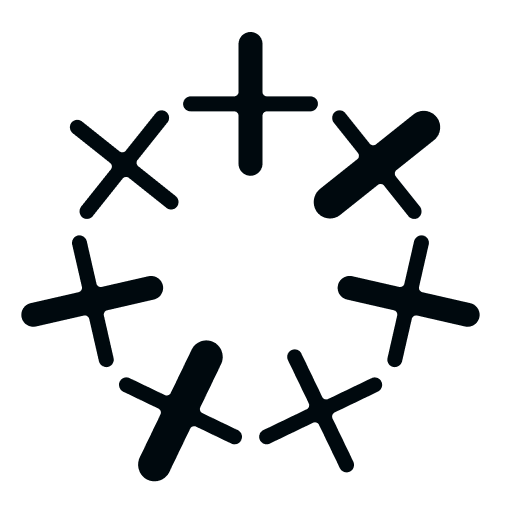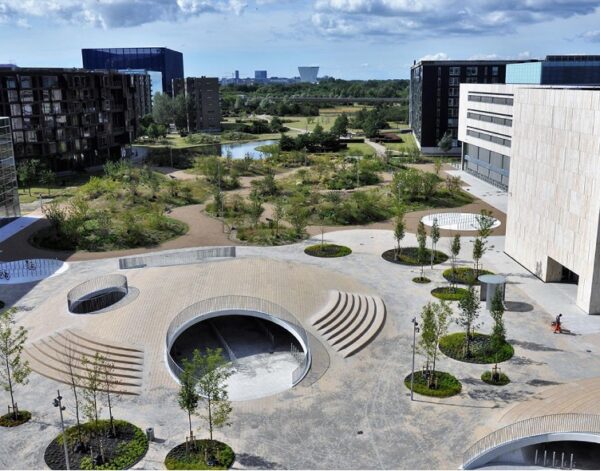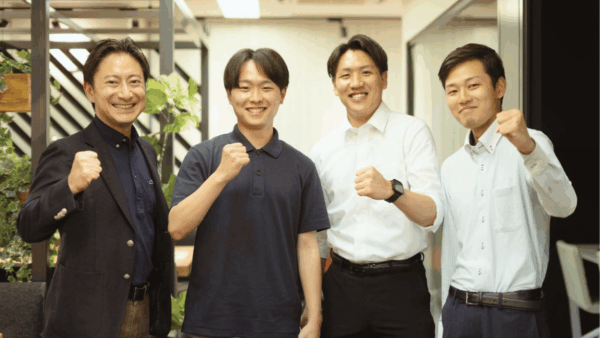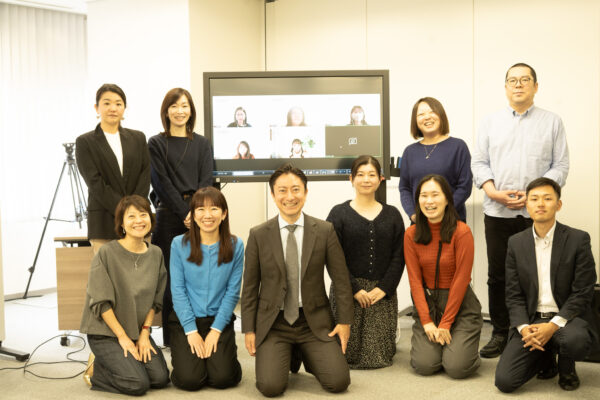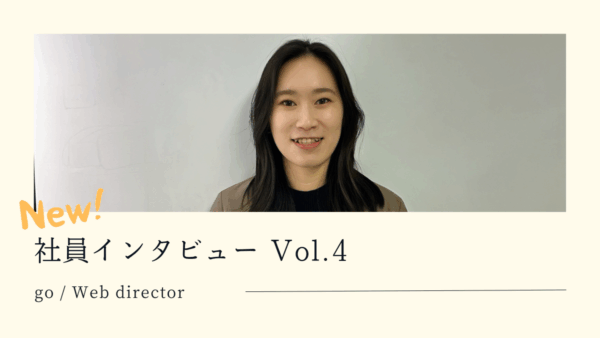The second article introduces the discipline of Communication and IT. As a student in communication and IT I learn about the fine balance between the society and how the communication in the form of media has an influence in the world development as well as learning the technical IT infrastructures.
2本目の記事では、Communication and ITという学問について紹介します。コミュニケーションとITを学ぶ学生として、ITインフラを学ぶだけでなく、メディアというコミュニケーションがいかに世界の発展に影響を与えるか、社会との絶妙なバランスについて学んでいます。
First semester(前期)
I have just finished my first year at university. The first semester I learned about communication theories; about how different communication forms have been theorised and how these communication forms are used by everyday people. To give you an example, there is a Danish communication scientist by the name of Rasmus Helles. He theorised that ordinary people structure their everyday life differently according to their own personal choices and communication (interpersonal) time with other people. He would also argue that the way we use our personal medias (ex. E-mail, SMS, social network, face-to-face communication, phone etc.) differs depending on the way we structure our days. Our exam in communication theory was to memorise 28 different theories and then randomly pick one of the theories to describe to our teacher and sensor without notes face to face. This was probably one of the most difficult exams I have ever experienced.
私は大学1年目を終えたところです。最初の学期は、コミュニケーション理論について学びました。さまざまなコミュニケーション形態がどのように理論化され、それらのコミュニケーション形態が日常生活でどのように使用されているかということを学びました。
例えば、デンマークのコミュニケーション科学者にラスマス・ヘレスという人がいます。彼は、普通の人は自分の個人的な選択と他人とのコミュニケーション(対人関係)の時間によって、日常生活を違った形で構成していると理論化しました。また、パーソナルメディア(例:Eメール、SMS、SNS、対面コミュニケーション、電話など)の使い方は、日々の組み立て方によって異なるというのが彼の主張です。コミュニケーション論の試験は、28の理論を暗記し、その中からランダムに1つの理論を選び、メモなしで先生とセンサーに対面して説明するというものでした。これは、私が今まで経験した試験の中で最も難しいものの一つだったでしょう。
Besides learning communication theories, I also learned about programming in the language of JavaScript as well as building webpages with HTML and CSS. Our teachers in this subject were American and Romanian, so we had to learn about programming in English which was very difficult especially for those who hadn’t learned about programming. Our exam in computer science was to answer different programming questions with JavaScript. As an example, I had to make a website for an imaginary museum that had to show different artworks as well as some text that could show up when you pressed one of the art pieces (it was not very good).
コミュニケーション論だけでなく、JavaScriptという言語でのプログラミングや、HTMLやCSSでのWebページ作成も学びました。この科目の先生はアメリカ人とルーマニア人だったので、英語でプログラミングを学ばなければならず、特にプログラミングを学んだことがない人にとってはとても大変なことでした。
コンピューターサイエンスの試験は、JavaScriptを使ったさまざまなプログラミングの問題に答えるものでした。例えば、私は架空の美術館のウェブサイトを作り、さまざまな美術品と、その美術品を押したときに表示されるテキストを表示しなければなりませんでした(あまり良い出来ではありませんでした)。
I also had to make an English dictionary for a Shakespeare text. It had to detect all the misspelled words and then you can replace them with the right word. This was probably also the hardest part in this exam.
また、シェイクスピアのテキスト用に英語の辞書を作る必要もありました。スペルミスのある単語をすべて検出し、正しい単語に置き換える必要があったのです。これも今回の試験で一番難しかったかもしれません。
Nonetheless I did really well on both exams, and that made me even more excited about this education. I became really interested in programming, and later in my education I can also choose to take Python as another language in programming, which I most certainty will do.
それでも、どちらの試験もとても良い結果だったので、この教育がさらに楽しみになりました。私はプログラミングにとても興味を持つようになり、後学のためにプログラミングの別の言語としてPythonを選択することもできますし、私は間違いなくそうします。
Second semester(後期)
In the second semester I got to study method research which is how you research a theory of yours. To give you an example, my teacher wanted to research how YouTube algorithms work. For this he had to have a research plan so he would get qualified results. Us students had to learn how to make these kinds of research plans, when we want to investigate a topic. Our exam in method research was to write a paper (6-10 pages) about a design we would want to use when we wanted to investigate a topic of our choosing. I chose to make a research design that could investigate how personal use of media depends on people’s everyday life structure. We had to write it in a week, but it was plenty of time to write it. I haven’t got my grades yes for this subject because we are on summer vacation right now.
後期は、自分の理論をどのように研究するかという方法論の研究をすることになりました。例えば、私の先生はYouTubeのアルゴリズムがどのように機能するかを研究したいとのことでした。そのためには、適切な結果が得られるような研究計画を立てなければなりませんでした。私たち学生も、あるトピックを調査する際に、このような研究計画の作り方を学ばなければなりませんでした。
方法論の試験では、自分たちが選んだトピックを調査するときに使いたいデザインについて論文(6〜10ページ)を書くというものがありました。私は、メディアの個人的な利用が人々の日常生活の構造にどのように依存するかを調査できるような調査デザインを選びました。一週間で書かなければいけなかったのですが、余裕で書けました。いまは夏休みの期間なので、実はこの科目は、まだ成績が入ってないんです。
For the IT side of the semester, I learned about how you can design application for phones as well as other products like mouses and joysticks. We used a lot of time to learn about user experience (UX) and user interfaces (UI) as well as usability and design principles. This subject was very exciting as I had never tried to design an interface. The last thing we had to do regarding this subject was to make an application prototype (using Figma) for older people, which we called the Help App (very innovative).
IT面では、携帯電話だけでなく、マウスやジョイスティックなど他の製品向けのアプリケーションをどのようにデザインできるかを学びました。また、ユーザーエクスペリエンス(UX)やユーザーインターフェース(UI)、ユーザビリティや設計原理についても多くの時間を割いて学びました。この科目は、インターフェースをデザインしたことがなかったので、とても刺激的でした。
この科目に関して最後にしなければならなかったのは、Figmaを使用して、高齢者向けのアプリケーションのプロトタイプを作ることでした。私たちはこれを「ヘルプ・アプリケーション」と呼んでいます(非常に革新的です)。
In our exam in HCC (human-centered-computering) we had to make a research of our choosing as well as answer a lot of different questions about UI/UX, usability, design principles etc.
HCC(人間中心工学)の試験では、自分たちで選んだ研究を行い、UI/UX、ユーザビリティ、デザインの原則などに関するさまざまな質問に答えなければなりませんでした。
The project my group and I made dealt with the connection between personal information and homeless people. In Denmark all our personal information is online hidden with our security number, and that means that our access to healthcare, wealth and education lies within the internet behind our social security numbers. My group and I therefore chose to investigate how homeless people get access to their personal information when they don’t have a computer or a phone. For this we had to write 24 pages about our research plan and our concluding result that was made from interviewing homeless people as well as those who work within the healthcare system and the Danish Agency for Digitisation (those who work to optimize all of our personal information to online format). The research took 2 months to do. This had nothing to do with HCC, which we all thought was very strange. In the same exam we also had to submit our answers for the UI/UX questions. For example, there was a task to analyse the EBAY website and use our knowledge of the usability goals to find the flaws of the website.
私のグループと私が行ったプロジェクトは、個人情報とホームレスの人々との関連性を扱ったものです。デンマークでは、私たちの個人情報はすべて社会保障番号で隠され、医療や富、教育へのアクセスは、社会保障番号の背後にあるインターネットの中にあることを意味します。
そこで私たちは、パソコンも電話も持っていないホームレスの人たちが、どのようにして自分の個人情報にアクセスできるのかを調査することにしました。そのために、ホームレスの人々や医療制度に携わる人々、デンマークのデジタル化機関(個人情報をすべてオンラインに最適化するための機関)にインタビューを行い、調査計画とその結論について24ページにわたって書かなければなりませんでした。調査には2カ月を要しました。
これはHCCとは全く関係ないことで、私たちは皆、とても不思議に思っていました。同じ試験で、UI/UXの問題の解答も提出しなければなりませんでした。例えば、EBAYのウェブサイトを分析し、ユーザビリティゴールの知識を使って、ウェブサイトの欠点を見つけるという課題がありました。
This exam went really well, and I got a new love for UI and UX which I think I also want to work with later, when I find out what I want to do as my career.
今回の試験はとてもうまくいき、UIやUXを改めて好きになり、将来自分のやりたいことが見つかったら、それを仕事にしたいと思うようになりました。
What do I want to do in the future?
I don’t know quite yet what I want to do in the future, but I would definitely be working in IT. After learning about programming as well as UI and UX I have found a new love for those to different subjects. I think it’s very interesting to work with technology and I also have a big interest for it. In my future I wish to help developing the future technology and it could be from anywhere of the world.
Though, right now, I am not too stressed about my future plans as I really enjoy going to university as well as my youth in general. My future plans will come to me sometime soon, but right now I want to enjoy the present.
将来何をしたいのかまだよくわかりませんが、間違いなくIT関連の仕事に就くでしょう。プログラミングやUI・UXを学んでから、それらを別の科目で学ぶことが新たに好きになりました。技術に携わる仕事はとても面白いと思いますし、自分も大きな関心を持っています。将来は、世界中のどこの国でもいいから、未来のテクノロジーを開発する手助けをしたいです。
でも、今は大学に行くのも楽しいし、青春時代も楽しいので、あまりストレスは感じていません。将来的な計画はいずれ思いつくと思いますが、今は今を楽しみたいと思っています。
